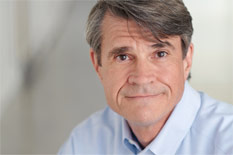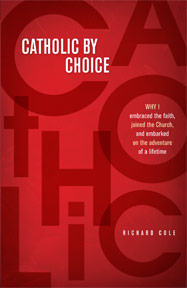One of the stories in the Bible that means the most to me is John 5: 1-6, the healing at Bethesda.
There is in Jerusalem near the Sheep Gate a pool, which in Aramaic is called Bethesda and which is surrounded by five covered colonnades. Here a great number of disabled people used to lie—the blind, the lame, the paralyzed. One who was there had been an invalid for thirty-eight years. When Jesus saw him lying there and learned that he had been in this condition for a long time, he asked him, “Do you want to be healed?”
We don’t always want to be healed. Sometimes being sick is a kind of solution, a retreat from issues we’d rather not confront. Ask any person familiar with self-destruction. Ask me. Of course, asking if we want to be healed sounds like asking if we want to be happy — but even that question is not always a simple one with an obvious answer.
Then there’s the other question: how exactly do we want to be healed? That also can be complicated. A relative of mine is currently finishing six months of radiation treatments. Recently he wrote to me:
I once visited a group of disabled Mexicans in Calexico. Some had congenital conditions. They had a small faith community of their own and while I was there they prayed for healing. I asked one of them, “How can you pray for healing when your condition will always be the same?” He said,” Christ heals us but in other ways.” In that sense I do believe in faith healing. As we know, many times we have to adjust ourselves inwardly to the Divine intent.
So do we want to be healed? If so, our way or God’s way? Sometimes the two ways might not be the same. As Richard Rohr once said, God always answers our prayers. He answers our prayers with more God.

